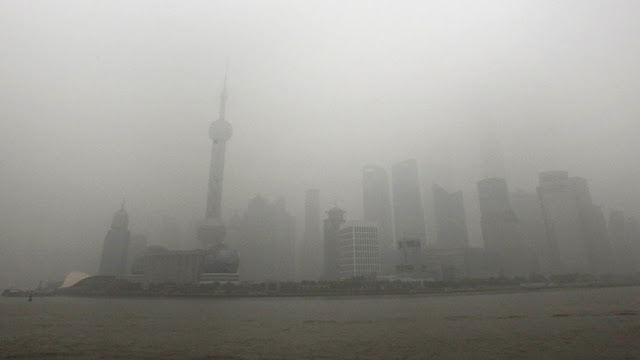Public Policy 11

Franklin Roosevelt is sometimes considered the first "modern" president because of the massive expansion in the power of the state under his administration. Although other Cabinet departments had been added to the government such as the Department of Agriculture created by Lincoln, the Department of Commerce in 1903, and the Department of Labor created during the Wilson administration, Roosevelt drastically increased the power of the president by enlarging the personal staff of the president, creating the first chief of staff and many other positions. Of course, FDR's importance is also guiding the U.S through the Great Depression and World War II, where it emerged as a global empire. After FDR was elected for a completely unprecedented four terms, many began to fear the growing power of the President. The 22nd Amendment was introduced in 1947 and ratified in 1951, explicitly limiting the number of terms a president could serve to two–or a maximum of 1...




